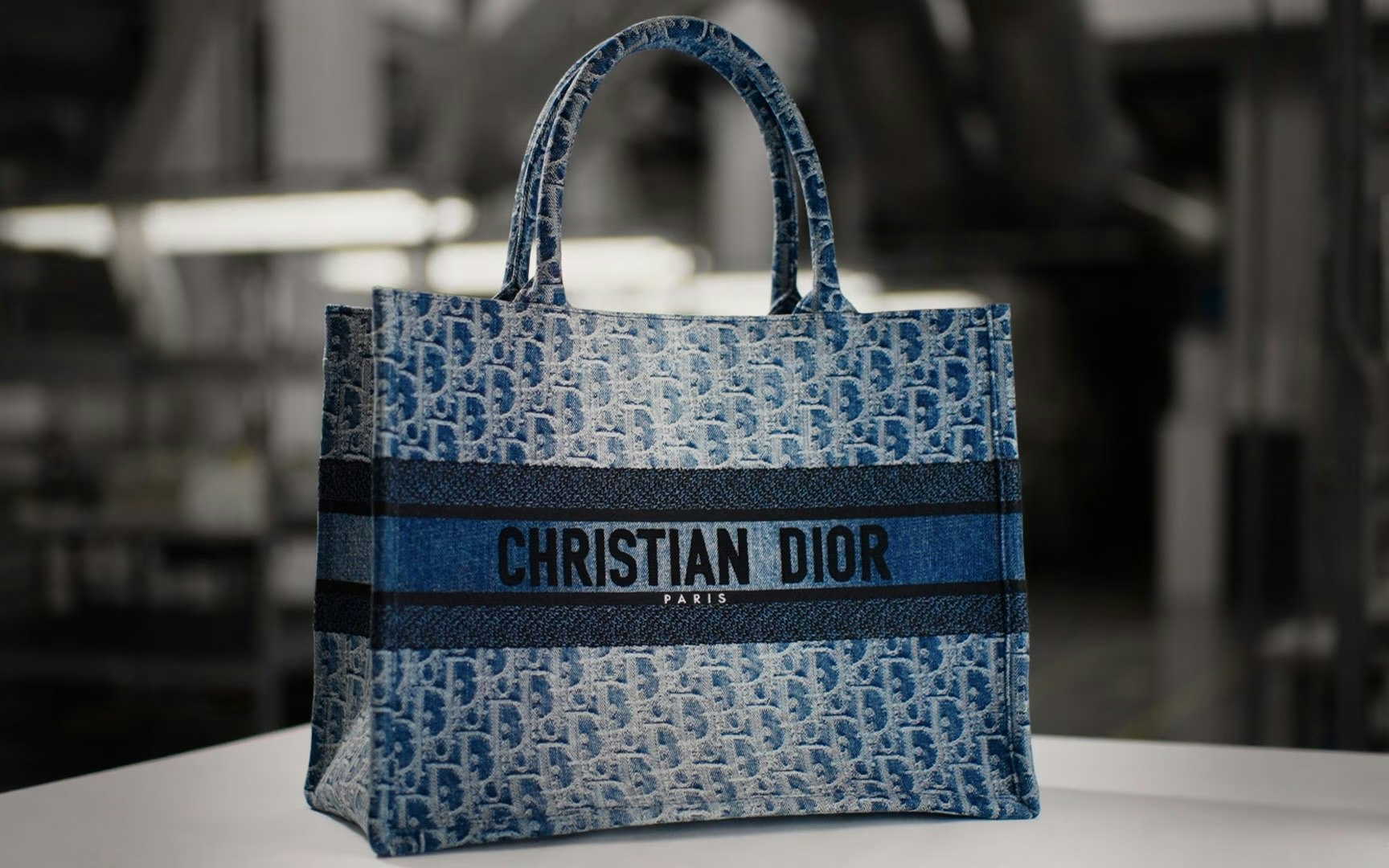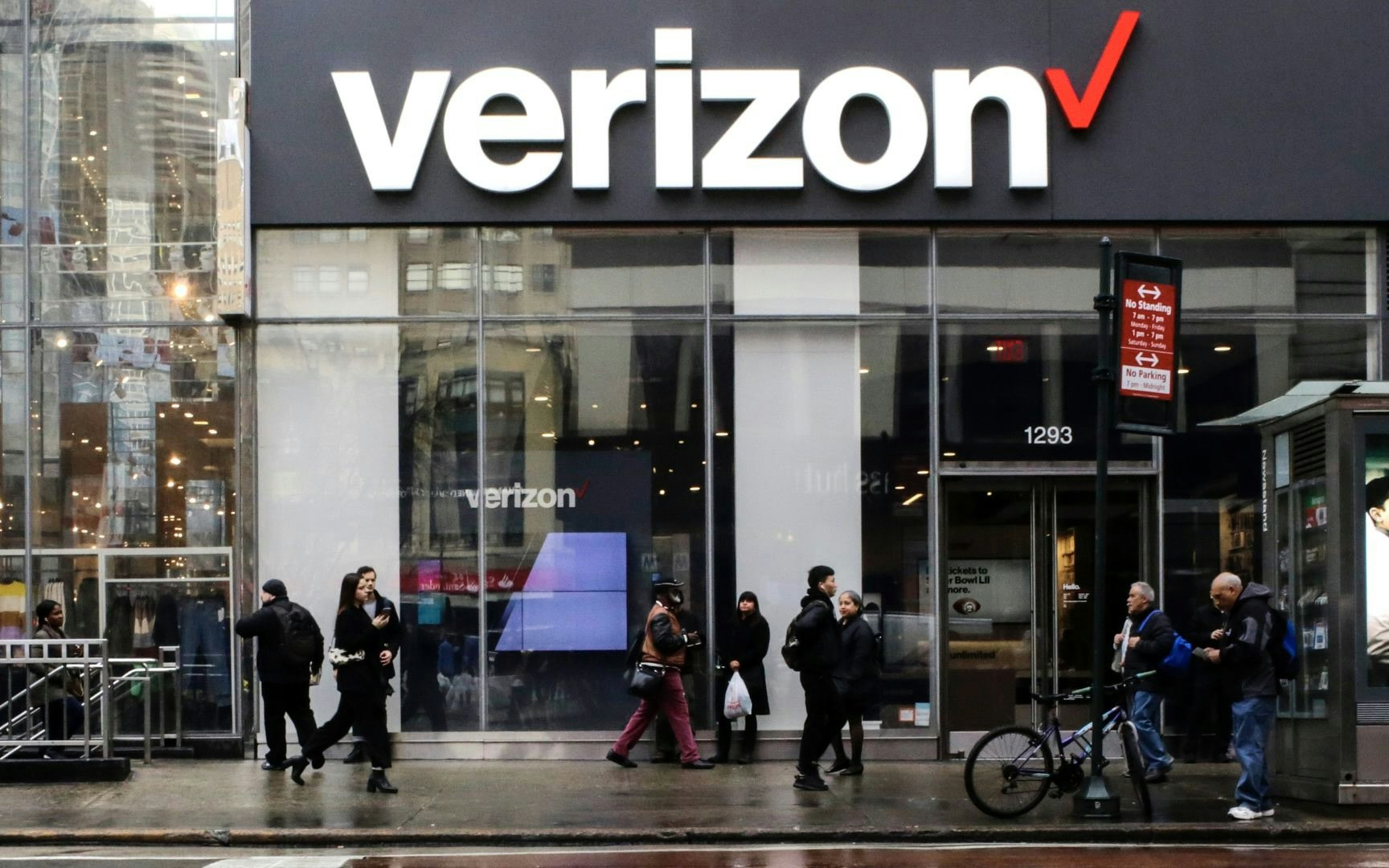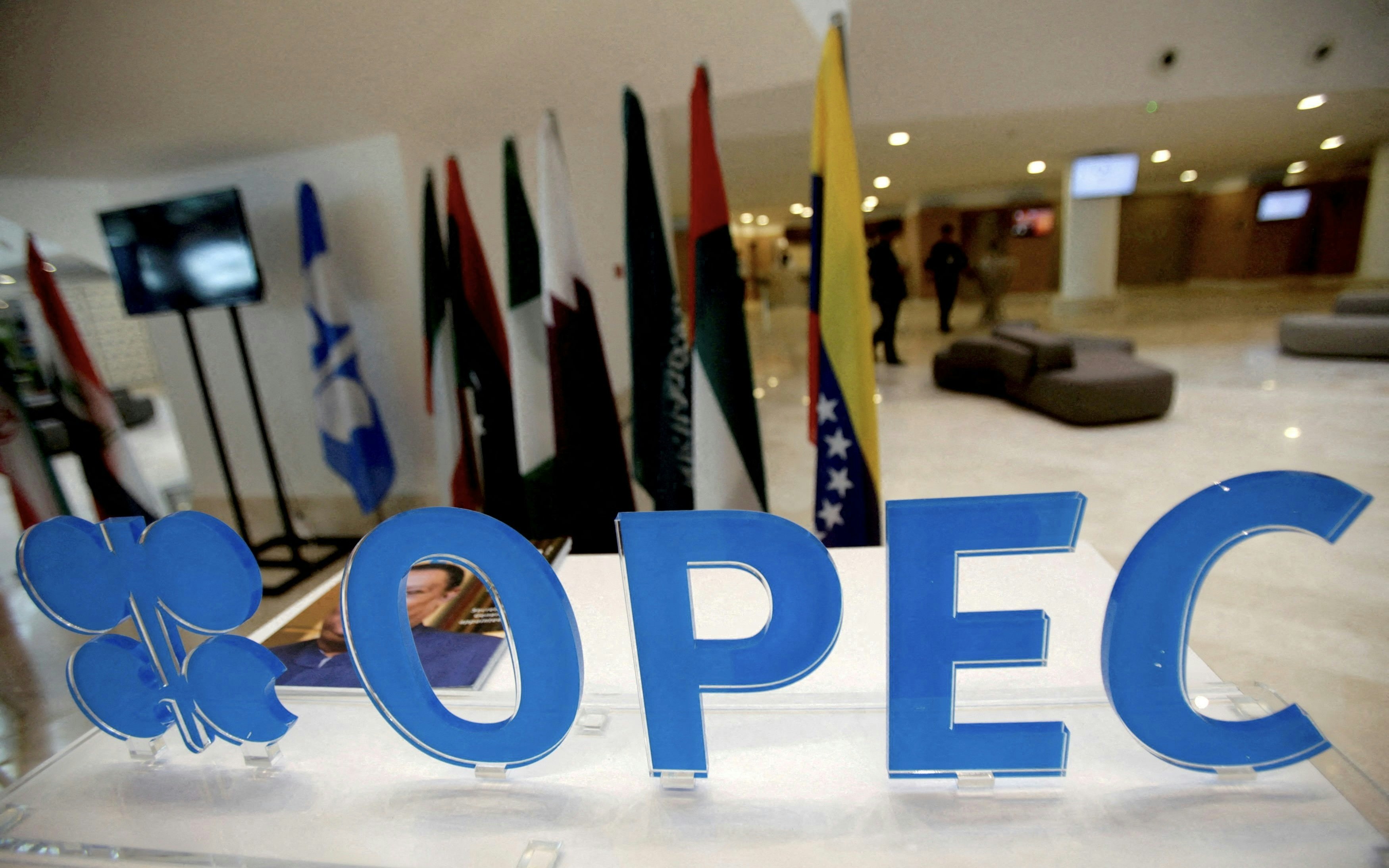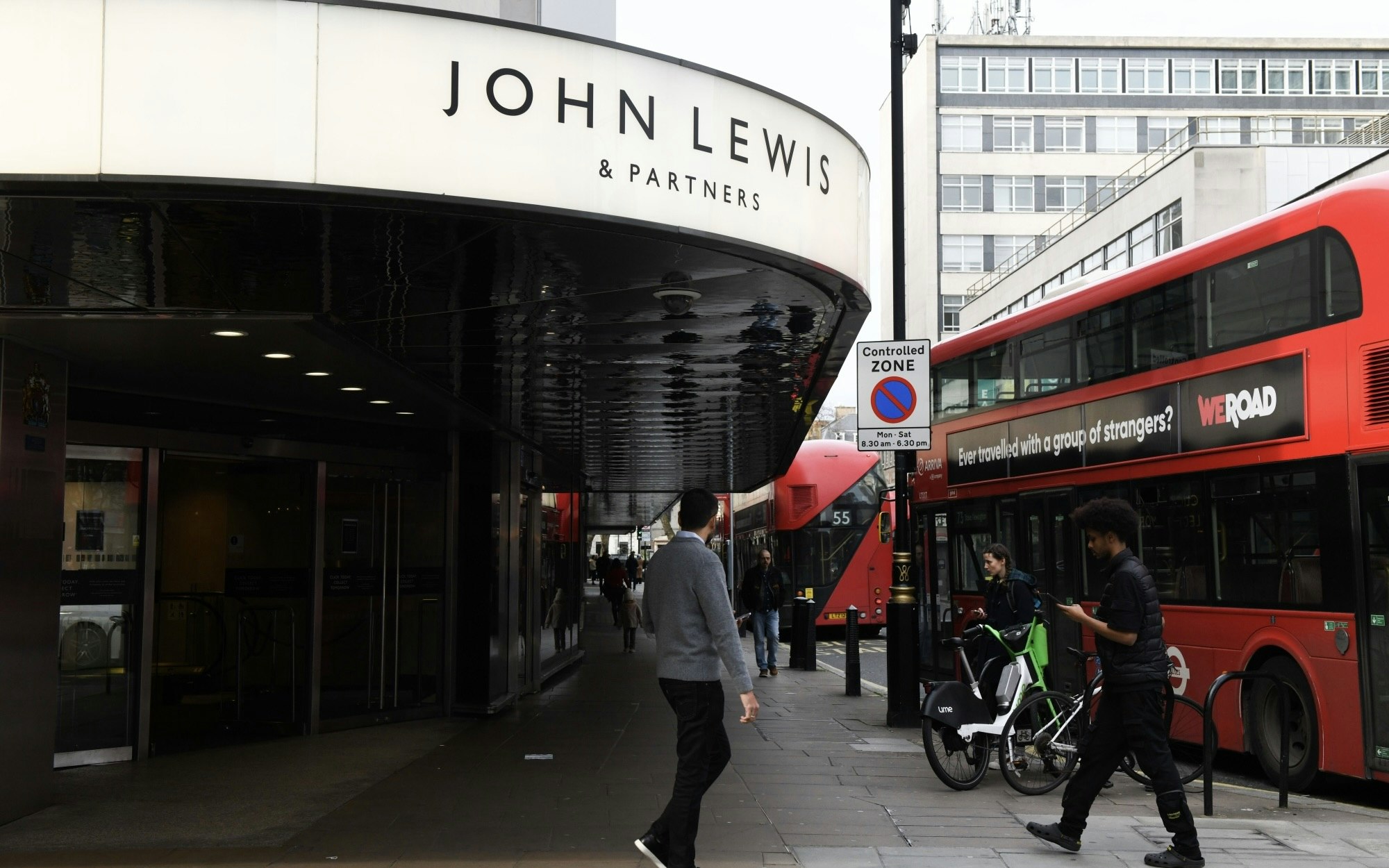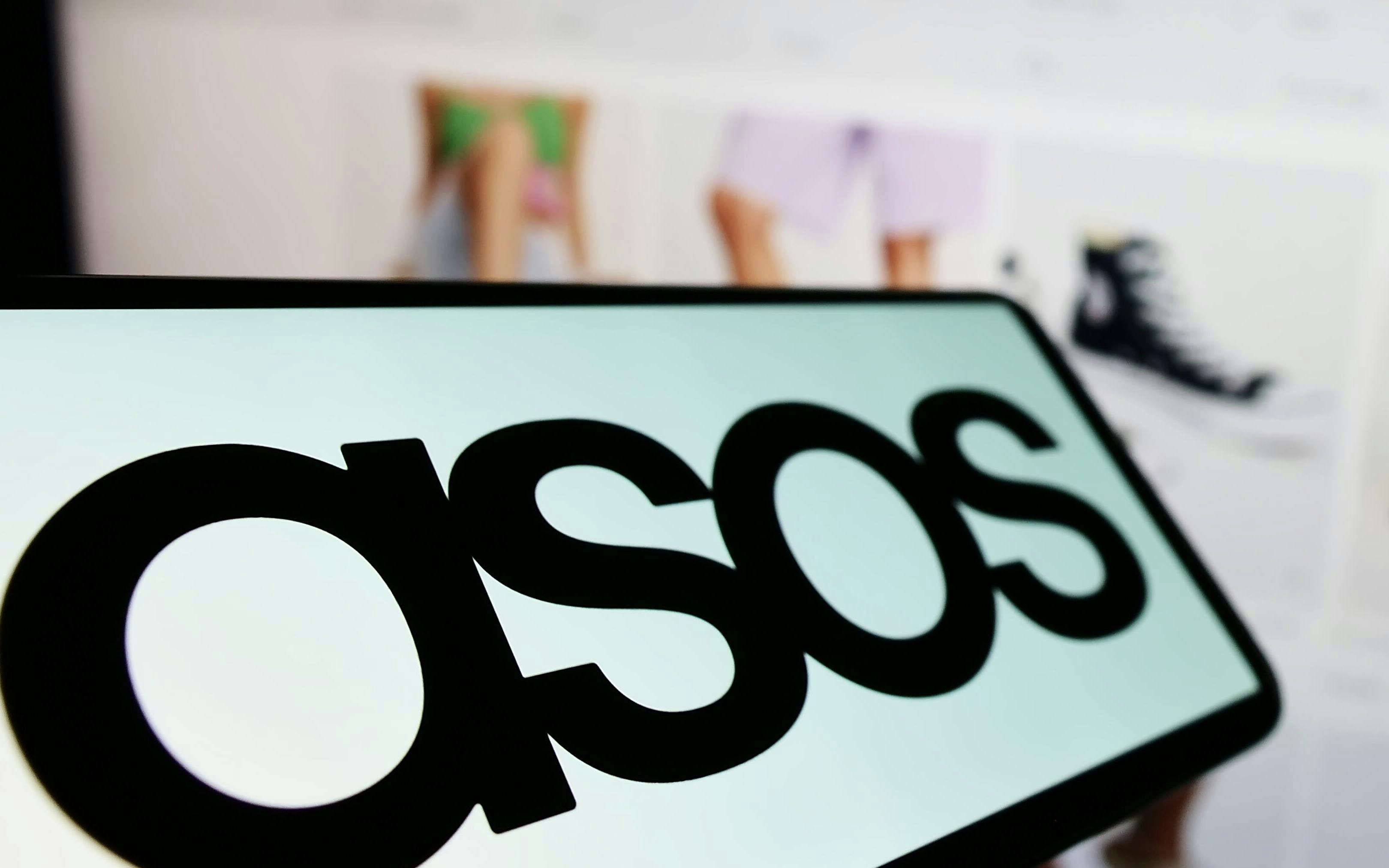The engine of the luxury goods industry, China, is stalling as the country's middle class cuts back on spending, which has long driven the growth of some of the world's most exclusive brands.
The Declining Demand in China Became Apparent on Tuesday as LVMH Moët Hennessy Louis Vuitton, Owner of Louis Vuitton and Dior, Announced that Sales in the Asian Market – Which Mainly Consists of China and Excludes Japan – Fell by 14% in the Three-Month Period Ending June 30, Adjusted for Currency Effects. The Decline Was Partially Offset by Spending by Chinese Tourists Abroad, According to the Company.
China's Economic Malaise Hits Smaller Fashion Competitors Even Harder. British Trench Coat Manufacturer Burberry Group and Swatch Group, Owner of Watch Brands Blancpain and Omega, Reported Strong Declines in Sales on the Chinese Mainland, While Hugo Boss Lowered Its Revenue Forecast for the Year. Richemont, Owner of Cartier, Registered a 27% Sales Decline in China, Hong Kong, and Macau.
Luxury goods managers are divided over whether the downturn is just a temporary crisis or a permanent shift in the behavior of Chinese consumers, particularly the middle class. High youth unemployment, falling real estate prices, and trade conflicts have shaken consumer confidence in the country and prompted the middle class – which accounts for a significant portion of luxury purchases – to save rather than spend.
The mining company Anglo American announced last week that its diamond division De Beers will further reduce production due to a decline in Chinese consumer spending, which has led to continued market weakness.
The Chinese middle class is under pressure," said Luca Solca, an analyst at brokerage firm Bernstein. "Swatch and Burberry are directly affected, as they primarily serve this clientele. Higher-end brands will also feel this headwind, but much less so.
LVMH, the largest company in the industry, and Richemont still see some resilient areas in their China business, particularly among more affluent consumers who can afford to travel abroad. LVMH reported a 57% increase in revenue in Japan on Tuesday, where many wealthy Chinese citizens travel to take advantage of the weak yen.
We have a mixed situation, but it is not so bad," said Jean-Jacques Guiony, CFO of LVMH.
Guiony said that sales to the "Chinese group" – which combines tourism and shopping on the mainland – had increased by high single-digit percentages for the company's main fashion and leather goods division in the first half of the year. However, growth slowed in the second quarter. Sales in the company's watches and jewelry division, which includes Bulgari and Tiffany, declined overall, according to Guiony.
Traffic in Chinese luxury shopping centers has decreased by a single-digit percentage this year, while luxury sales have declined by a double-digit percentage, Solca wrote in a note in June.
In response, many luxury firms in China have reduced costs, scaled back their marketing efforts, and postponed some real estate projects. They have also increasingly focused on the country's wealthiest consumers, who tend to make purchases regardless of economic fluctuations.
Guiony said that brands which had reduced their marketing investments in China in recent quarters were punished more severely than those that maintained them.
That's why we are continuing to invest in this market, which is obviously very important to us," said Guiony.
Luxury companies are also coming under pressure in Western markets as consumers are burdened by inflation and higher interest rates. LVMH reported a sales increase of only 2% in the US - a market that was once the fastest-growing and a major driver of the post-pandemic boom. Sales in Europe increased by 4%.
Here is the translated heading in English:
"In the past two decades, the rise of big-spending Chinese buyers has transformed the luxury market. Chinese consumers traveled to fashion capitals like Paris to look for handbags, and when the pandemic restricted travel, they flocked to Louis Vuitton, Dior, and other boutiques across China. According to Bain, Chinese consumers accounted for about 23% of global luxury spending last year.
After a brief sales boom following the reopening after Covid restrictions, fundamental economic problems began to weigh on demand in China. In recent months, economic indicators have been weak, with GDP growth and retail sales falling short of expectations. Consumer confidence continued to decline.
Expensive brands have a reputation for selling to the super-rich, but they heavily rely on buyers lower down the income scale. More than half of global luxury purchases are made by people who spend less than 2,000 euros per year on high-end handbags, clothing, and jewelry, according to the Boston Consulting Group.
Chinese State Leader Xi Jinping and Several Hundred Top Communist Party Officials Met Last Week in Beijing to Plan the Country's Economic Revival
However, the document offered little new information on some of the most challenging issues, causing some economists to have concerns about the country's long-term prospects.
Some luxury managers say that the structural weaknesses of the economy are likely to persist, leading consumers to switch from luxury brands to cheaper brands, further pressuring major industry players like Louis Vuitton and Gucci.
Other luxury managers, however, are optimistic that trends will improve, citing the high savings rate of Chinese consumers. They believe that if the Communist Party's initiatives are successful and bolster consumer confidence, a swift and robust recovery in demand could follow.
Many consumers are waiting, said Guiony, and are saving for trips to Japan. Prices there remain significantly lower on average than in China, Guiony said in April. He said at the time that luxury goods in Japan were sold at a premium of about 10% over European prices, while in China they were sold at a premium of 20% to 22%.
We have really seen a large shift of business from Asia to Japan," he said.


